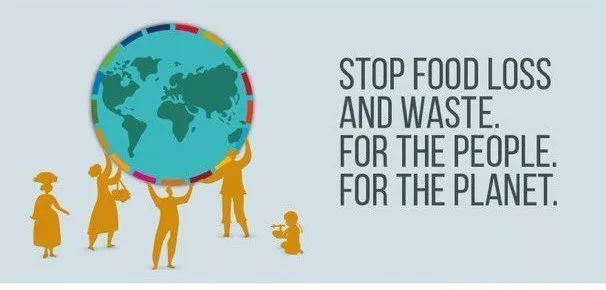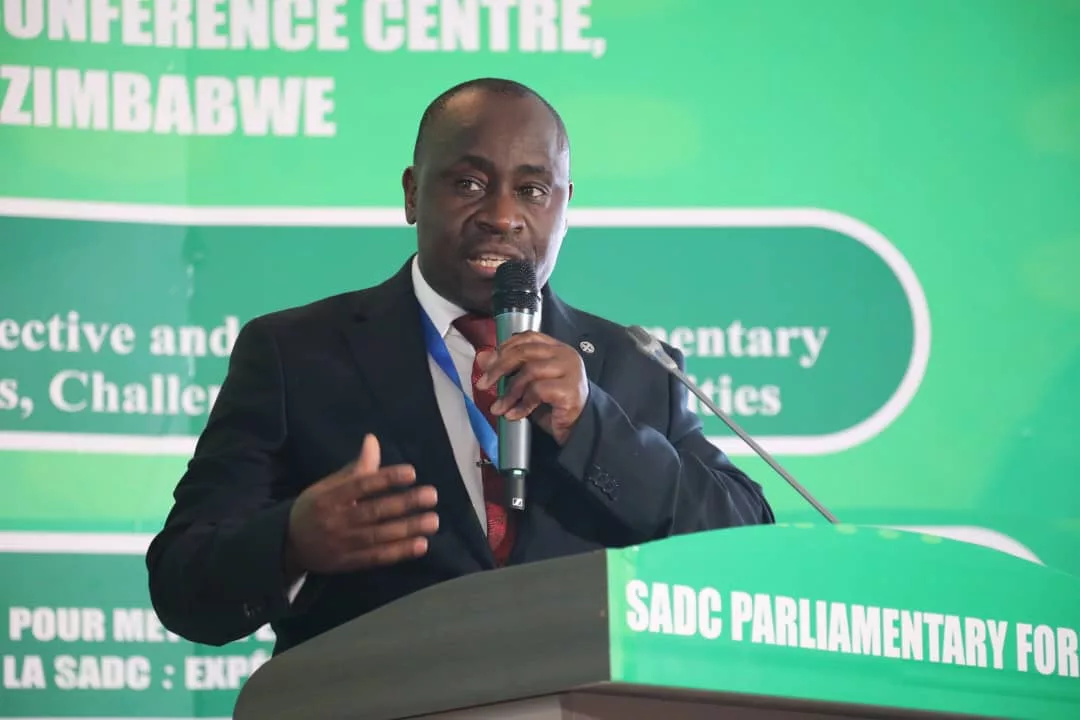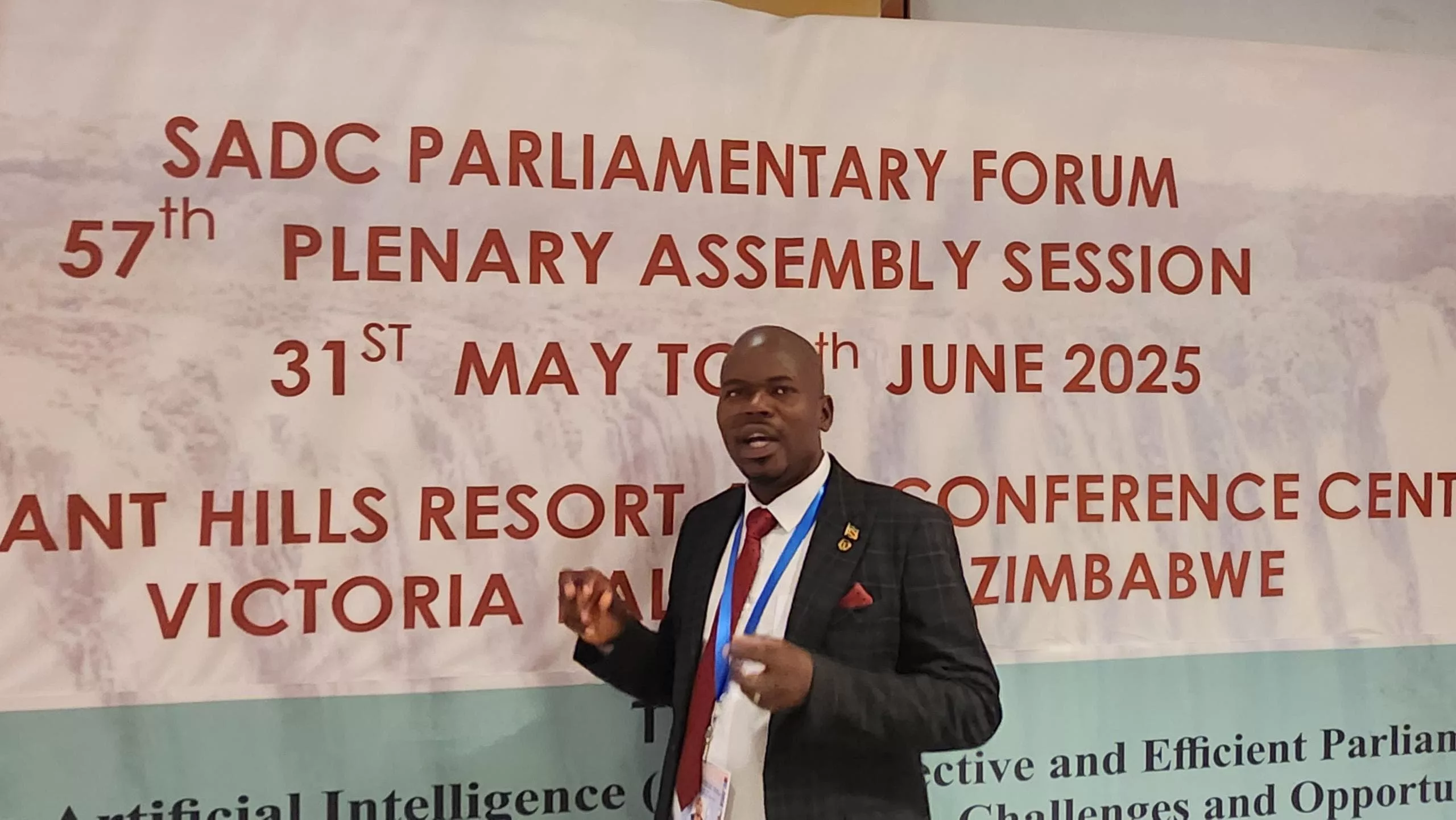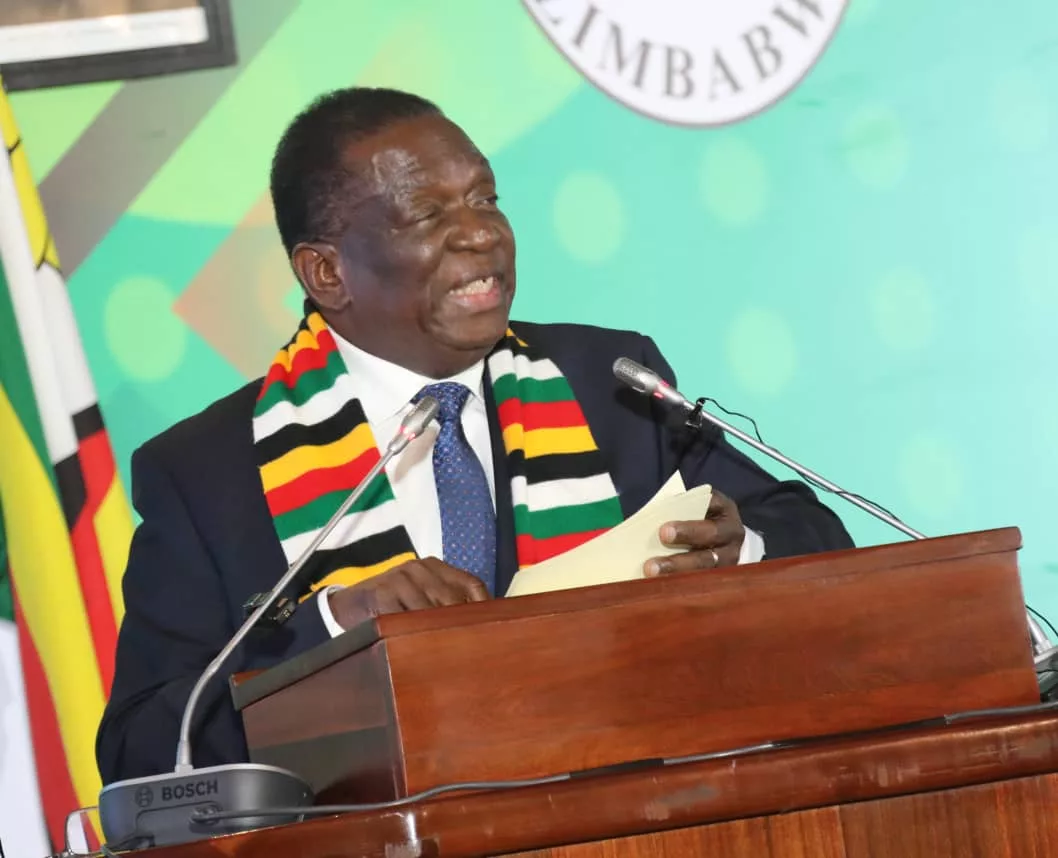|
Getting your Trinity Audio player ready...
|
Climate change and food loss and waste are two interconnected global challenges that threaten the very foundation of our food systems. With one-third of all food produced globally going to waste, the environmental, economic, and social implications are dire. As climate change intensifies, its impact on food production, distribution, and consumption becomes increasingly evident. This article delves into the complex relationship between climate change and food loss and waste.
To help unpack this issue, Spiked Online Media had an interview with Michael Orang’i Onchabo, the Director of the Food and Landuse Coalition (FOLU) of the World Resource Institute on International Day of Awareness of Food Loss and Waste (IDAFLW) 2024 running under the theme “Climate Finance for Food Loss and Waste Reduction.”
What is the relationship between food waste and loss and climate change?
Globally, around 13 percent of food produced is lost between harvest and retail. In comparison, an estimated 17 percent of total global food production is wasted in households, food service, and retail altogether.
Reducing food loss and waste is crucial for improving food security and enabling healthy diets; promoting efficient resource use; mitigating hunger; protecting the environment; and fostering a more equitable distribution of food resources globally. Reducing food loss and waste is also a climate solution that countries and communities can use to reduce greenhouse gas emissions hence saving the planet.
Areas For Action: What can governments and decision-makers do?
- Work with local authorities to increase awareness of food loss and food waste
- Develop or support public-private partnerships to tackle food loss and food waste across supply chains and in households
- Adopting policies for agrifood systems that prioritize aspects such as sustainable production, reduction of food loss and food waste, and healthy diets
What can private actors in the food supply chain do?
- Apply and scale up successful innovations that sustainably reduce food loss and waste across the agrifood system.
- Include green and social targets as key performance indicators in company business models.
- Engage in public-private partnerships that could support training, infrastructure development, and behavior change programmes to collaboratively tackle food loss and waste
What role can research and academia play?
- Conduct context-appropriate research to identify food loss and food waste hotspots and practical solutions to reduce food loss and waste
- Develop and implement training programmes to enhance the capacities of varying stakeholder groups to reduce food loss and food waste.
What role can consumers play?
- Raise awareness among your peers about the benefits to be derived from reducing food waste.
- Adopt a healthier, more sustainable diet
- Buy only what you need. Not only will you waste less food, but you’ll also save money!
- Love your leftovers. Freeze it for later or use the leftovers as an ingredient in another meal.
- Store food wisely
- Understand food labeling
- Support local food producers
- Sharing is caring. Donate food that would otherwise be wasted






